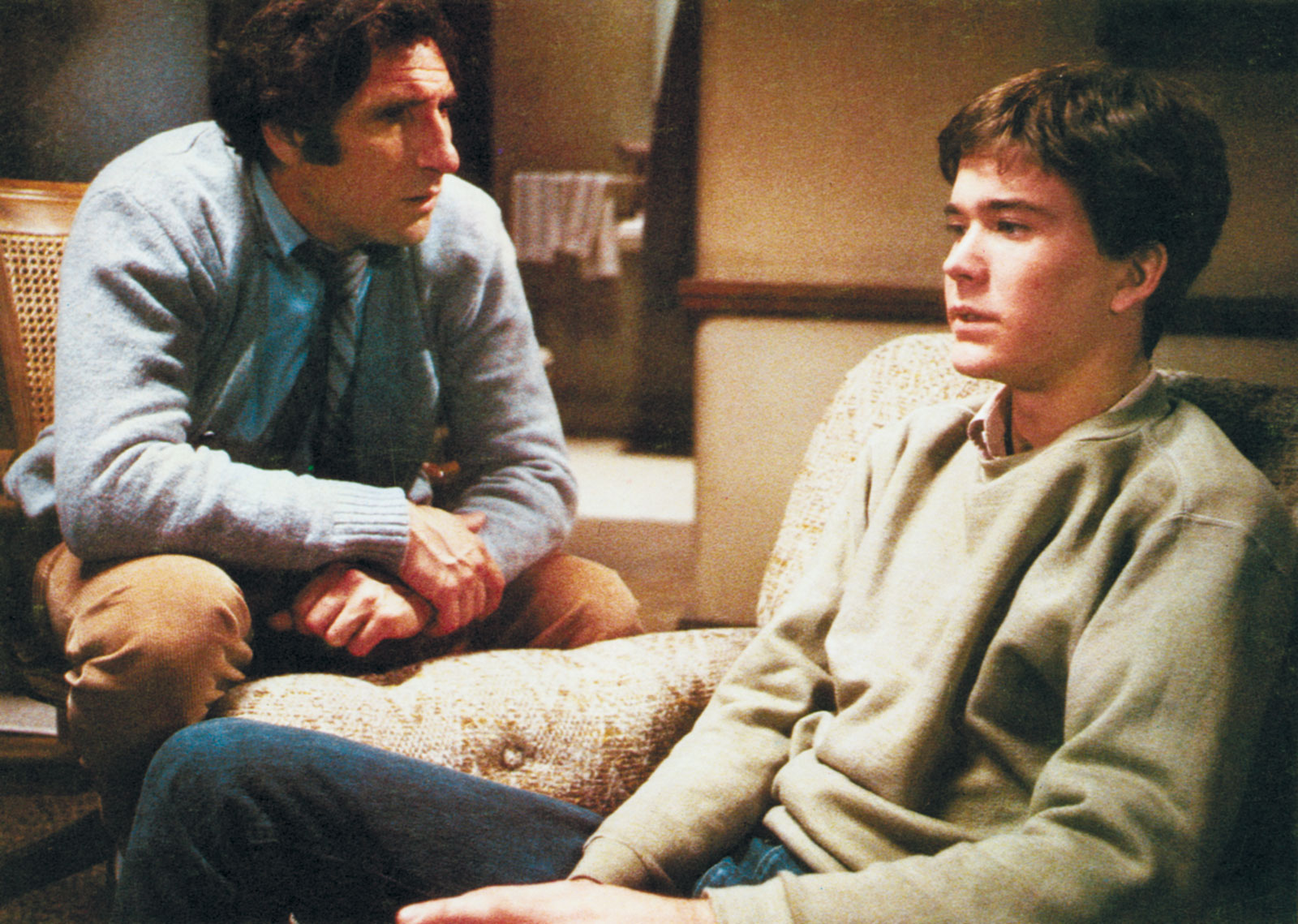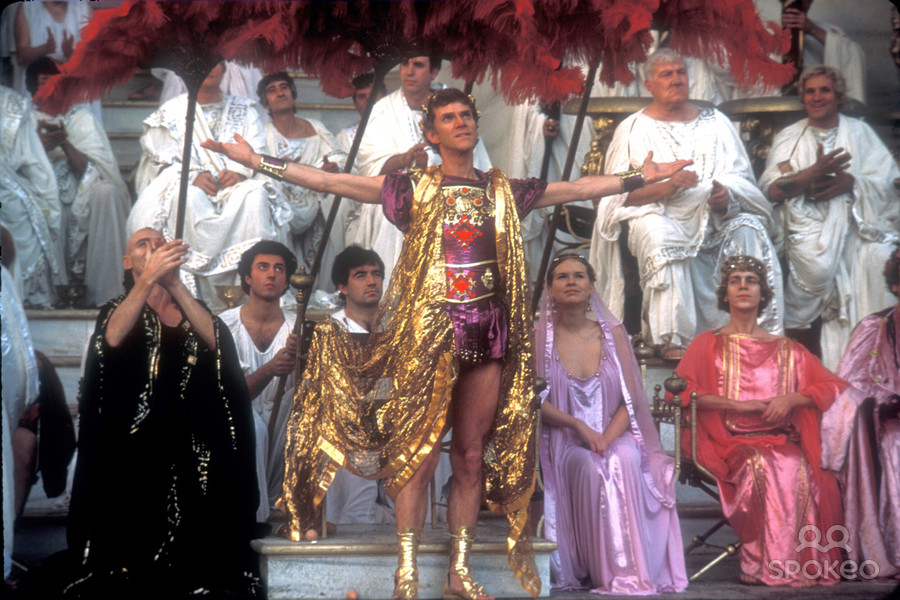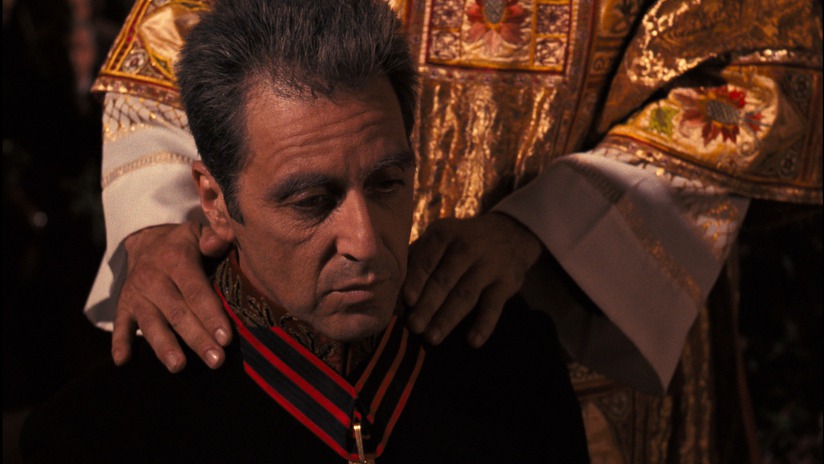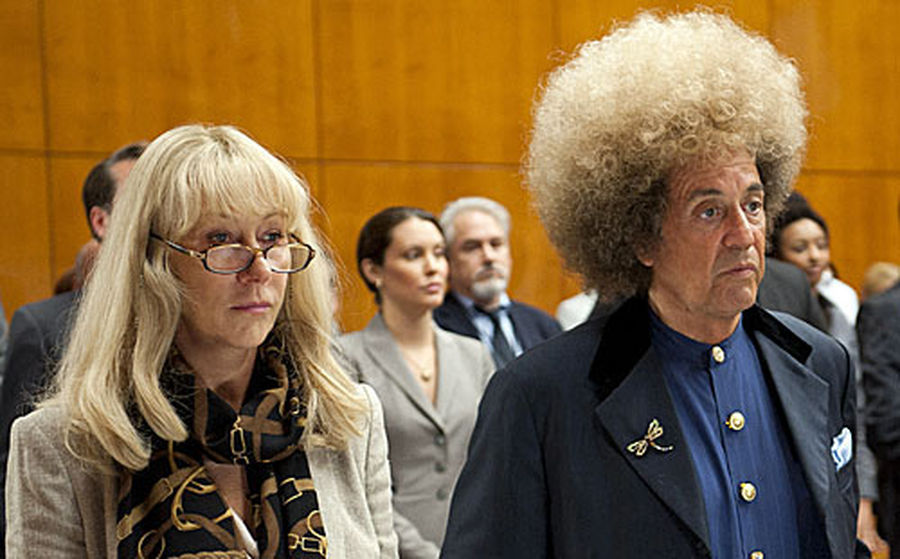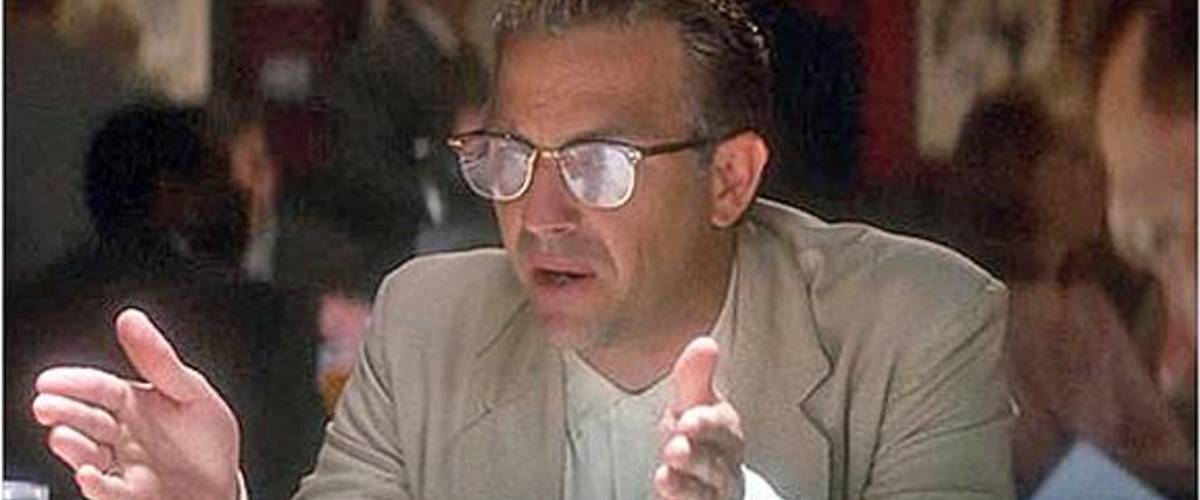
Directed by: Gary Ross
Starring: Jennifer Lawrence, Woody Harrelson, Stanley Tucci, Elizabeth Banks, Josh Hutcherson
The Hunger Games was a big hit based on a series of novels aimed at young adults. More films based on the novels are promised, but count me out. I can't imagine how The Hunger Games would appeal to young adults, even though the combatants in the tournament are young men and women. There are even a few children. It's a gray, dreary film with no sense of wonder or fun. I've seen plenty of movies in which the plot takes inexplicable u-turns, but I've never seen a movie in which such u-turns are announced over a loudspeaker.
The Hunger Games takes place in the future in what I guess is still America. Each year, children in different "districts" are chosen to participate in the Hunger Games, which is a violent combat show televised to the masses. In one district, Katniss Everdeen (Lawrence) volunteers in place of her younger sister. Katniss has great archery and fighting skills, plus has an appealing look that would sway viewers. She is brought to the Hunger Games, where her appearance is spiffed up as she is given advice by others like Abernathy (Harrelson) on how to win over fans during the Hunger Games pre-show interview, conducted by Stanley Tucci. I'm assuming this will help people cheer her on as she is being hunted by the other contestants.
She befriends a wimpy twerp named Peeta (Hutcherson), who has no combat skills and is likely to be a sacrificial lamb. He joins up with a group of contestants to hunt Katniss instead, mostly because he knows he'll be toast otherwise. Of course, he loves Katniss so maybe he's just going along for the hell of it. I really didn't know or care by that point. I do know that Katniss and Peeta fall in love strictly because it is written that they must. Peeta has to be bailed out of numerous certain death exchanges by Katniss and one muses on whether Katniss gets pissed that Peeta isn't holding up his end of their team.
People are killed to be sure. Alliances are forged and betrayed. If I cared enough, I would've watched this with great interest. But then came the ludicrous scenes in which the contest rules are altered in order to fit the plot needs. The Hunger Games is meant to have one winner. However, likely because viewers like the budding romance of Katniss and Peeta, a guy over a loudspeaker states that there will indeed be two winners allowed this year. Then, if memory serves, the rules are changed two more times. I could sue for whiplash over these developments.
The Hunger Games is a bizarre film. There are no days with any sunshine. I suppose the performances are adequate, but they are mostly just muddling through a silly plot. What's up with the names also? Katniss? Peeta? Effie Trinket? Seneca Crane? Are names like John, Jim, Shawn, and Michael extinct in the future? The ending seems to neatly tie everything up, so why would a sequel be necessary? Does Katniss get chosen for The Hunger Games for real next time? I can't imagine I will be available to find out the answers to those and many more questions.



